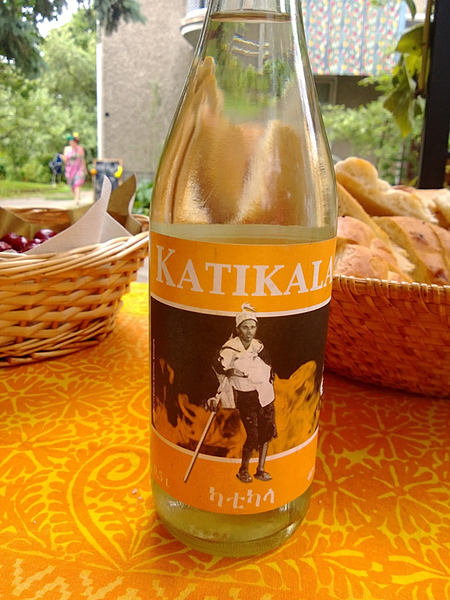Last week The Economist carried an article about kokumi, a putative sixth flavour longing to take its place alongside umami. In it, I read that:
Dr Sasano supplemented the diets of his volunteers with kombucha, an umami-rich infusion of kelp.
That brought me up short. As far as I know, kombucha is a sort of fermented sweet tea. I shared my perplexity on social media. Back, eventually, came a reply. 1 “I think it’s a classic case of the anglicised word being ascribed the wrong meaning,” said my friend who has lived in Japan, helpfully pointing me to the introductory paragraph in the Wikipedia article on kombucha:
In Japan, Konbucha (昆布茶, “kelp tea”) refers to a different beverage made from dried and powdered kombu (an edible kelp from the Laminariaceae family). For the origin of the English word kombucha, first recorded in 1995 and of uncertain etymology, the American Heritage Dictionary suggests: “Probably from Japanese kombucha, tea made from kombu (the Japanese word for kelp perhaps being used by English speakers to designate fermented tea due to confusion or because the thick gelatinous film produced by the kombucha culture was thought to resemble seaweed).”
So, that settles it? Not quite. For the original paper by Sasano et al. actually says:
We used Japanese Kobucha (kelp tea: tea made of powdered tangle seaweed) …
I can only guess that somewhere along the line a dumb spell-checker or an intelligent Economist proofreader overstepped the mark. Or, just possibly, the original authors got it wrong.

